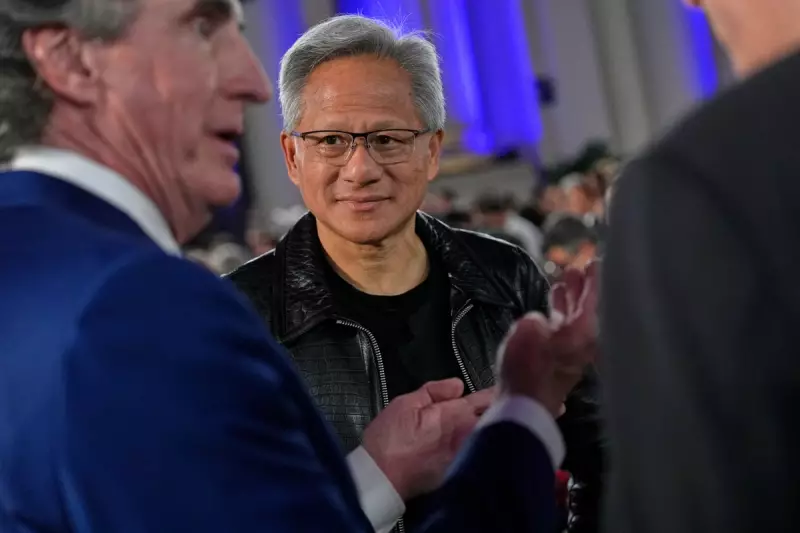
In a dramatic escalation of the technological cold war, the Biden administration has unleashed a formidable new set of export restrictions designed to cripple China's development of advanced artificial intelligence. The move directly targets the semiconductor industry's ability to supply cutting-edge technology to Chinese entities, with immediate and profound consequences for global tech leader Nvidia.
The updated regulations, unveiled by the US Commerce Department, represent a strategic effort to plug critical loopholes in previous sanctions. These loopholes had allowed companies like Nvidia to cleverly design slightly downgraded versions of their most powerful chips—specifically the A800 and H800—for the lucrative Chinese market, circumventing earlier bans on the sale of its A100 and H100 processors.
Nvidia Grinds to a Halt
The impact was instantaneous. Nvidia, a company that has seen its valuation skyrocket due to the AI boom, was forced to comply abruptly. "The new restrictions require a license for the export of our A100, A800, H100, H800, and L40S products, among others," the company confirmed in a statement to the US Securities and Exchange Commission. In practice, this means shipments of these chips to China have effectively been halted.
This is not just a minor supply chain disruption. China and Hong Kong have historically accounted for a staggering 20-25% of Nvidia's data centre revenue. The new rules threaten to sever a multi-billion dollar artery for the tech behemoth, forcing it to scramble for solutions in an increasingly fraught geopolitical landscape.
A Broader, More Stringent Net
Washington's latest offensive casts a much wider net. The updated controls extend beyond just chips to include restrictions on the export of cutting-edge chip-making equipment to over 40 additional countries, aiming to prevent rerouting of goods through third nations. Furthermore, the US has added a number of Chinese companies, including prominent GPU manufacturers Biren and Moore Threads, to a trade blacklist, severely limiting their access to US technology.
The message from Washington is unequivocal: the United States is determined to maintain its commanding lead in the critical field of artificial intelligence and is willing to deploy aggressive trade tools to stifle a strategic rival's progress.
Market Jitters and Global Repercussions
The announcement sent tremors through financial markets. Nvidia's shares tumbled over 4% in pre-market trading, a clear sign of investor anxiety over the potential long-term damage to its revenue streams. The broader semiconductor sector also felt the heat, with companies like AMD and Intel experiencing dips.
This move is likely to exacerbate tensions between the world's two largest economies and could trigger retaliatory measures from Beijing. It also places other global tech companies with significant exposure to the Chinese market in a precarious position, forcing them to navigate a complex and volatile new reality where technology and national security are inextricably linked.





